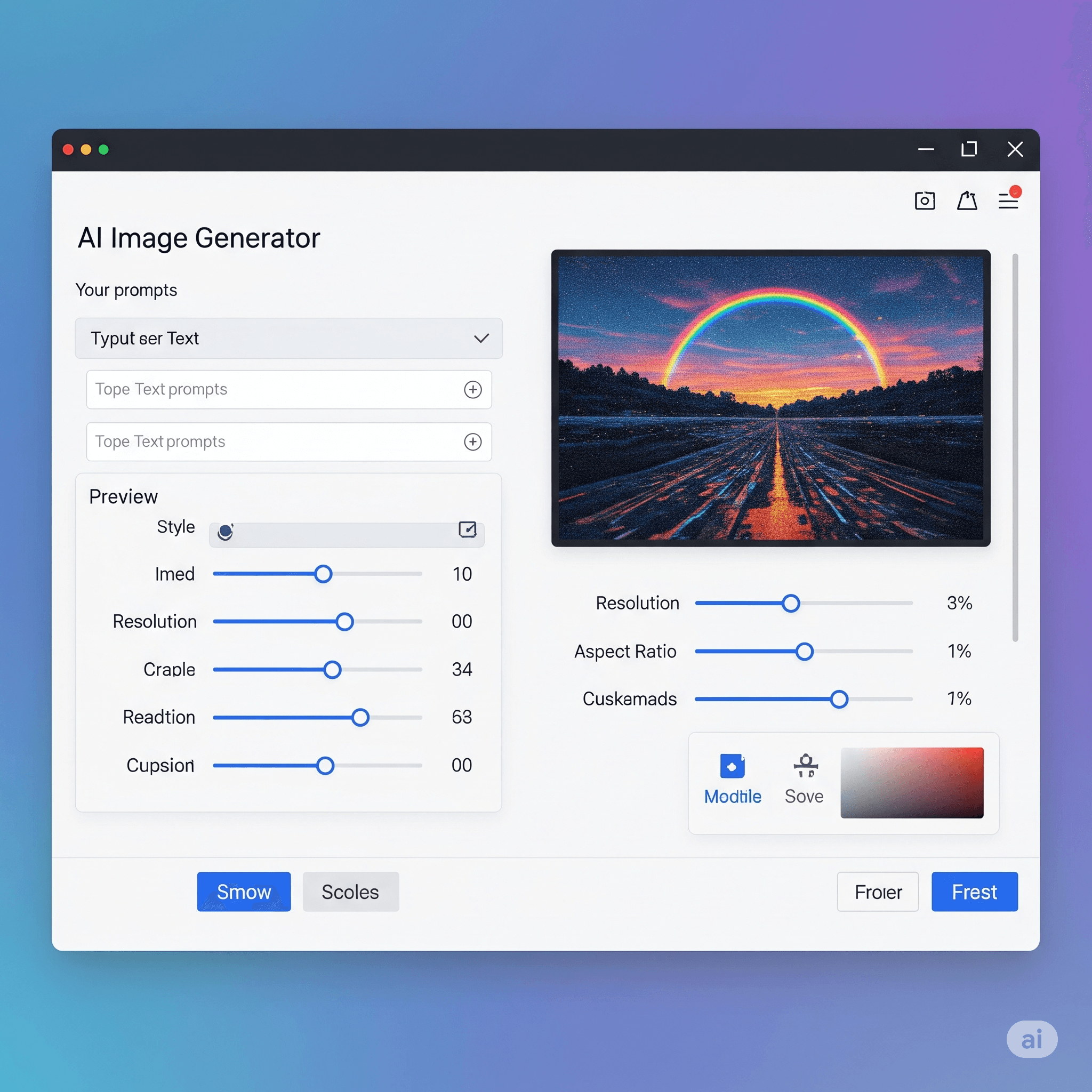Question: What is cookie in Internet communication? what are The main purposes of cookies?
Answer:
In the context of internet communication, a cookie is a small piece of data that is stored on a user's device by a website they visit. Cookies are commonly used by websites to track and remember information about the user's browsing preferences and behavior.
When a user visits a website, the website sends a cookie to the user's browser, which then stores the cookie on the user's device. The next time the user visits the same website, the browser sends the stored cookie back to the website. This allows the website to recognize the user, remember their preferences, and personalize their browsing experience.
Cookies can serve various purposes, including:
1. Session management: Cookies can be used to manage user sessions on websites. They help maintain information about a user's login status, enabling them to navigate between different pages without having to authenticate repeatedly.
2. Personalization: Websites can use cookies to remember user preferences, such as language selection, font size, or customized settings, to provide a personalized experience.
3. Tracking and analytics: Cookies can track user behavior and provide website owners with insights into user interactions, such as the pages visited, time spent on each page, and referring sources. This data helps in improving website performance and understanding user preferences.
4. Advertising and targeting: Cookies can be utilized for targeted advertising. Ad networks and advertisers can use cookies to track user interests and display relevant advertisements based on their browsing history.
5. E-commerce and shopping carts: Cookies are often used to store information about items in a user's shopping cart or to remember user preferences during the checkout process in e-commerce websites.
It's important to note that cookies can be both first-party cookies (set by the website being visited) and third-party cookies (set by other domains associated with the website, such as advertisers or analytics providers). Privacy concerns related to cookies have led to increased awareness and regulations regarding their usage, resulting in options for users to manage and control cookie settings within their browsers.
MCQ: In Internet communication, ‘‘cookie’’ is used for
Explanation:
In the context of internet communication, a cookie is a small piece of data that is stored on a user's device by a website they visit. Cookies are commonly used by websites to track and remember information about the user's browsing preferences and behavior.
When a user visits a website, the website sends a cookie to the user's browser, which then stores the cookie on the user's device. The next time the user visits the same website, the browser sends the stored cookie back to the website. This allows the website to recognize the user, remember their preferences, and personalize their browsing experience.
Cookies can serve various purposes, including:
1. Session management: Cookies can be used to manage user sessions on websites. They help maintain information about a user's login status, enabling them to navigate between different pages without having to authenticate repeatedly.
2. Personalization: Websites can use cookies to remember user preferences, such as language selection, font size, or customized settings, to provide a personalized experience.
3. Tracking and analytics: Cookies can track user behavior and provide website owners with insights into user interactions, such as the pages visited, time spent on each page, and referring sources. This data helps in improving website performance and understanding user preferences.
4. Advertising and targeting: Cookies can be utilized for targeted advertising. Ad networks and advertisers can use cookies to track user interests and display relevant advertisements based on their browsing history.
5. E-commerce and shopping carts: Cookies are often used to store information about items in a user's shopping cart or to remember user preferences during the checkout process in e-commerce websites.
It's important to note that cookies can be both first-party cookies (set by the website being visited) and third-party cookies (set by other domains associated with the website, such as advertisers or analytics providers). Privacy concerns related to cookies have led to increased awareness and regulations regarding their usage, resulting in options for users to manage and control cookie settings within their browsers.
Discuss a Question
Related Questions
- 1. What is WinZip?
- 2. What is G2C?
- 3. Match the following terms: <img src="http://examradar.com/wp-content/uploads/2017/02/web-internet-fundamental-mcq-6.png" alt="web-internet-fundamental-mcq-6" width="811" height="227" class="alignnone size-full wp-image-5280" />
- 4. What is cross-compiler ?
- 5. Basic XML can be described as:
- 6. WiFi is a short name for ___________
- 7. Responsibility of implementation of IT/ITeS Policy lies with
- 8. In India Subject to a ceiling of Rs. 25 crores, Capital Subsidy for Horizontal IT/ITeS Parks shall be
- 9. Match the following terms: <img src="http://examradar.com/wp-content/uploads/2017/02/web-internet-fundamental-mcq-7.png" alt="web-internet-fundamental-mcq-7" width="824" height="226" class="alignnone size-full wp-image-5283" />
- 10. In As per IT/ITeS Policy (2016-21), term BPO refers to
You may be interested in:
WEB Internet Fundamental Online Tests






